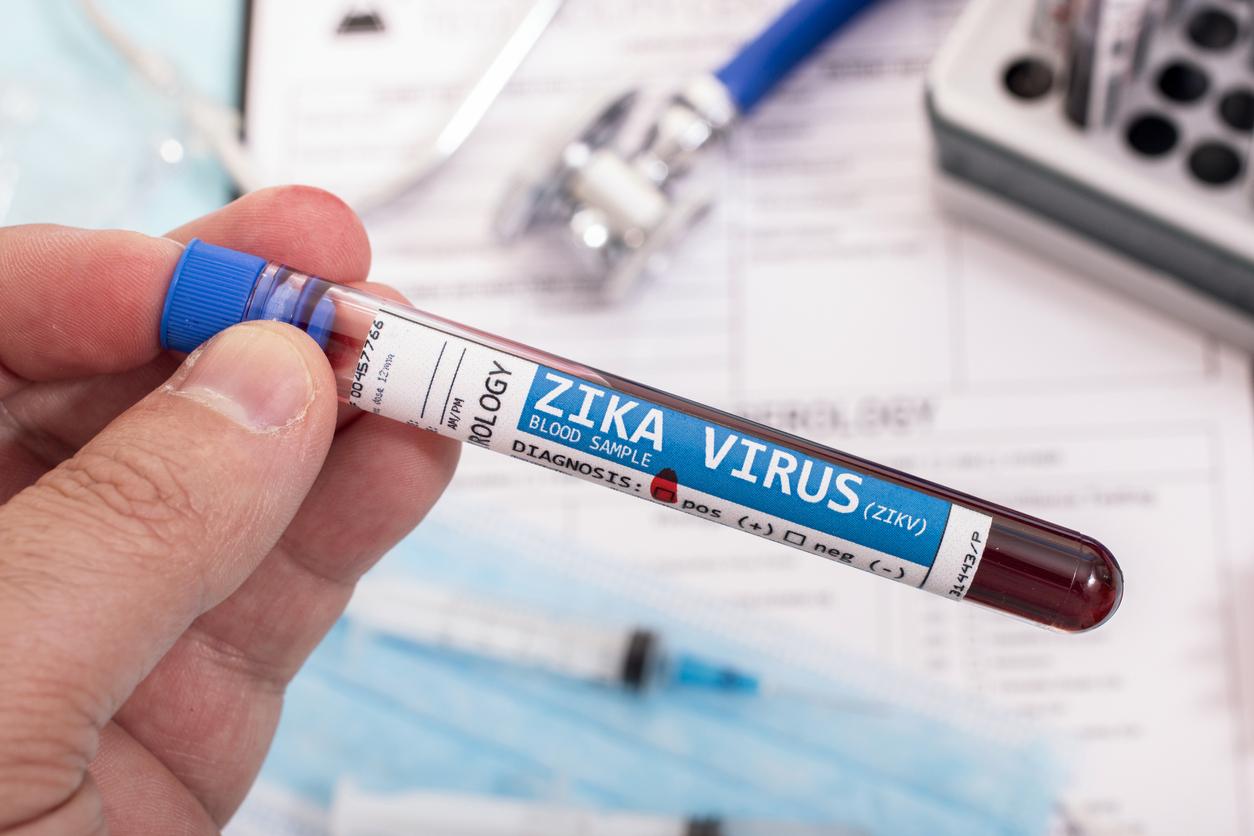An international register to better understand the Zika virus was set up by the Center hospitalier universitaire vaudois (CHUV) in Switzerland, according to an publication of the scientific journal The Lancet. Researchers hope to collect as many cases as possible of women exposed to the Zika virus during their pregnancy around the world, to better understand the virus, its evolution and put in place solutions to eradicate it.
Scientists call for international collaboration. A request to participate in the registry has already been sent to 4,000 obstetricians around the world, to set up this epidemiological study. “The idea came to us when we realized that many questions remain unresolved about this virus and that the only way to answer them would be to have a mass of cases”, explains David Baud, obstetrician associated with the Department “Woman-mother -child”, medicine and pregnancy specialist at the CHUV.
The dangers of the Zika virus for the health of fetuses
Studying the virus and the modes of transmission will make it possible to determine the true dangers of this pathology and to identify the means of eradicating it. CHUV doctors say they want to check whether the virus, transmitted mainly by mosquitoes, but also sexually, is not also at risk of being transmitted by saliva or breastfeeding.
“The extent of fetal and neonatal abnormalities remains unclear and is not limited to microcephaly. They report, among other things, “late complications” that babies born without symptoms could develop later, for example, “hearing and visual deficits” recalls the researcher.
“There is currently no treatment for Zika. Two or three pharmaceutical companies are currently working on a vaccine concludes David Baud.
Read also:
What you need to know about the Zika virus
Zika: you have to wait 8 weeks before conceiving
Zika virus also responsible for joint deformities in babies
















